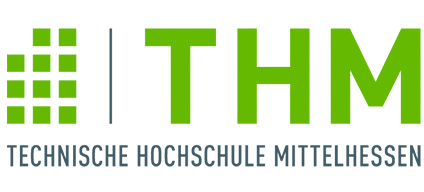Main Content
What do I have to consider when planning?
Ideally, research data management should not only start after the data has been collected. Rather, considerations should be made about how to deal with the data even before it is collected. The data life cycle can serve as orientation.
Ideally, research data management should not only start after the data has been collected. Rather, considerations should be made about how to deal with the data even before it is collected. The data life cycle can serve as orientation.
The following guide from the Universität Kassel provides an overview of what should be considered when conducting research data management:
-
Determine who is responsible for setting up and controlling research data management at your institution.
-
Check whether there are specific institutional or general guidelines or proposals on research data management for your research field.
-
For each research project, establish as early as possible what obligations you are subject to, regarding the storage and publication of research data. (What are the requirements of funding bodies, publishers and the university?)
-
Identify what research data will be collected in the research project.
-
Consider which of the research data should be published and made available to others for re-use.
-
Think about how you want to store and archive research data. (Storing and archiving research data)
-
Check which storage and archiving options are available to you. Could you use a general or subject-specific data repository? (How do I find a suitable repository?)
-
Clarify the legal issues regarding the storage and dissemination of research data. This may concern data protection and copyright law, among other things
-
Create a data management plan. This documents your decisions and serves as proof of implementation. (How do I create a data management plan?)












